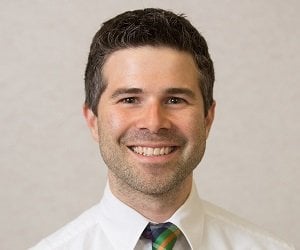By Brent Schnipke
As I have spoken with physicians, residents, and other medical students about the process of choosing a medical specialty, the near-universal reply has something to do with the fact that third-year rotations barely offer enough exposure to each specialty to make an informed decision. Third-year medical students move quickly between specialties, and are often granted only a few weeks to examine a given career choice and decide whether they like it or not. Because of this, major decisions about how a medical student will practice as a doctor are largely based on brief experiences that can be easily biased by particular patients, residents, attendings, hospital systems, and even external life factors. To control for these variables, most students will finish their third year and use the first part of their fourth year to take a “second look” at the specialty they are planning to apply for and to help those students who remain undecided.















